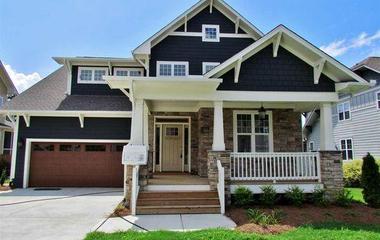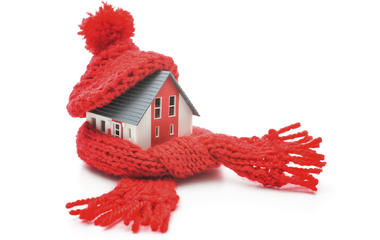Snoqualmie
Pass Real Estate, Snoqualmie Pass Properties, Snoqualmie Pass Homes, Snoqualmie
Pass Lots, North Bend Real Estate, Snoqualmie Real
Estate, Carnation Real Estate, Suncadia Real
Estate, Easton Real Estate, ThomasWolter.com,
http://www.snoqualmiepassliving.com
Nothing can chill the real estate sector in the U.S. like rising interest rates. So is the Federal Reserve’s expected move to boost borrowing costs likely to dent the housing market?
Don’t bet on it. Experts predict that housing prices will continue to rise in many markets around the country next year even as mortgage rates drift up. The Federal Open Market Committee -- the panel at the central bank that sets monetary policy -- will hold a two-day meeting next week, with most forecasters expecting 0.25 basis point increase in short-term rates. Market watchers expect the Fed to hike rates several times next year is the economy stays on its current course.
But that small initial increase, which would be the first upward tilt in rates since December of 2015, is unlikely to reduce demand for housing. Home prices have continued to rebound this year. The Federal Housing Finance Agency (FHFA) House Price Index posted a 6 percent gain in the third quarter on a year-over-year basis.
Economist Andres Carbacho-Burgos of Moody’s Analytics expects nationwide housing prices as measured by that index to rise an average of 4 percent in 2017. Steve Hovland of online real estate management firm HomeUnion projects a similar uptick, while noting that some markets that have seen have seen the sharpest price increases during the recovery, such as New York, Los Angeles and Austin, Texas, could see a dip.
Mortgage rates have already started to creep up as house hunters ponder the impact of an imminent Fed hike. “Since early November, you have had a significant jump in purchase mortgage applications,” Carbacho-Burgos said. “A lot of that has to do with the expectations effect. People think `Oh my God, interest rates are increasing and we better purchase now before mortgage interest rates go higher.’”
Despite that perception, borrowing costs remain exceptionally modest by historical standards, while the average mortgage payment around the U.S. is still significantly below its level before the housing crash, Capital Economics notes. The average 30-year fixed rate mortgage is 4.04 percent, up two basis points over the last week, the lowest level they have been since 2014. Rates last month were 3.51 percent. That compares with an average of 6.41 percent since 1990, according to the Mortgage Bankers Association.
“Buyers that have committed to a home purchase are unlikely to be swayed by the increase in interest rates,” Hovland said in a statement. “In fact, the change in the monthly mortgage obligation is approximately $65 for a median-priced home. The lower end of the market can absorb that increase. However, sellers are going to need to bear some of the cost of capital increase at the top of the market.”
Another support for the housing sector is the U.S. economy, which continues to see modest growth. Unemployment in November fell to 4.6 percent, its lowest level in more than a decade. Wage growth, which has been stagnant for years, has also ticked up this year.
“The employment picture has brightened considerably,” Bob Walters, chief economist with Quicken Loans, said. “There is a ton of pent-up demand over the last eight, nine years.”
Millennials, America’s largest generation, are also starting to enter the housing market and in 2017 will make up roughly 40 percent of first-time home buyers, according to Hovland.
Still, finding an affordable home in many markets remains a challenge because of a lack of inventory, according to realtors’ associations in those markets. For people buying their first homes, “It’s very difficult to find a product for them that they can afford,” said Lane McCormack, president of the Atlanta Board of Realtors, adding that starter homes in her area can fetch $300,000 to $400,000.
Christopher Zoller, chairman-elect of the Miami Association of Realtors, said sellers of homes priced between $300,000 and $600,000 are getting multiple offers while sellers of luxury properties are having difficulty attracting buyers. “We see some buyer reluctance at the high-price end and we see some seller intransigence,” he said.
Tight credit conditions are also making it hard some house hunters to get a mortgage. Although average down payments are not much higher these days than in the past, lenders require borrowers to have good credit.
Snoqualmie
Pass Real Estate, Snoqualmie Pass Properties, Snoqualmie Pass Homes, Snoqualmie
Pass Lots, North Bend Real Estate, Snoqualmie Real
Estate, Carnation Real Estate, Suncadia Real
Estate, Easton Real Estate, ThomasWolter.com,
http://www.snoqualmiepassliving.com


No comments:
Post a Comment